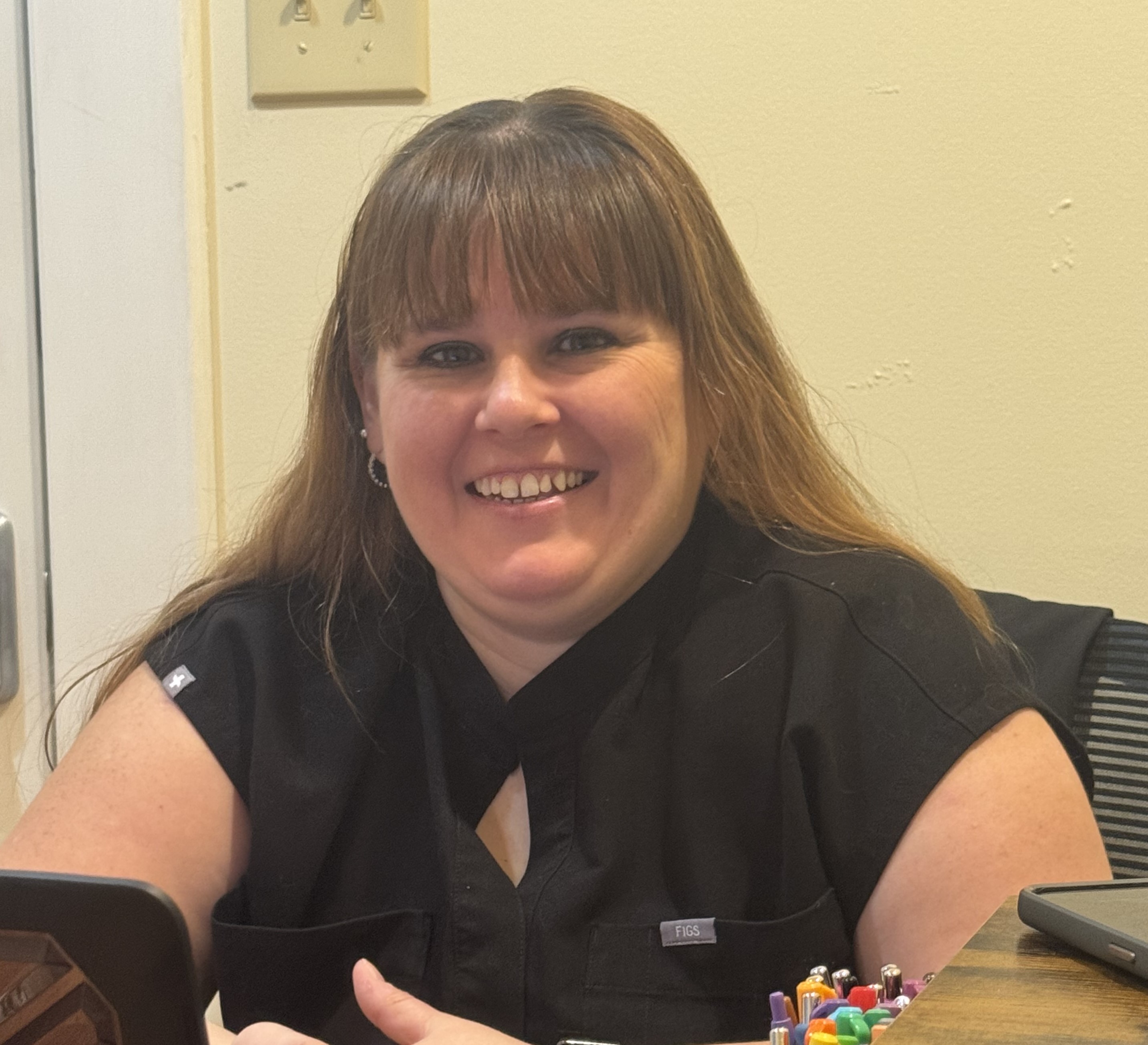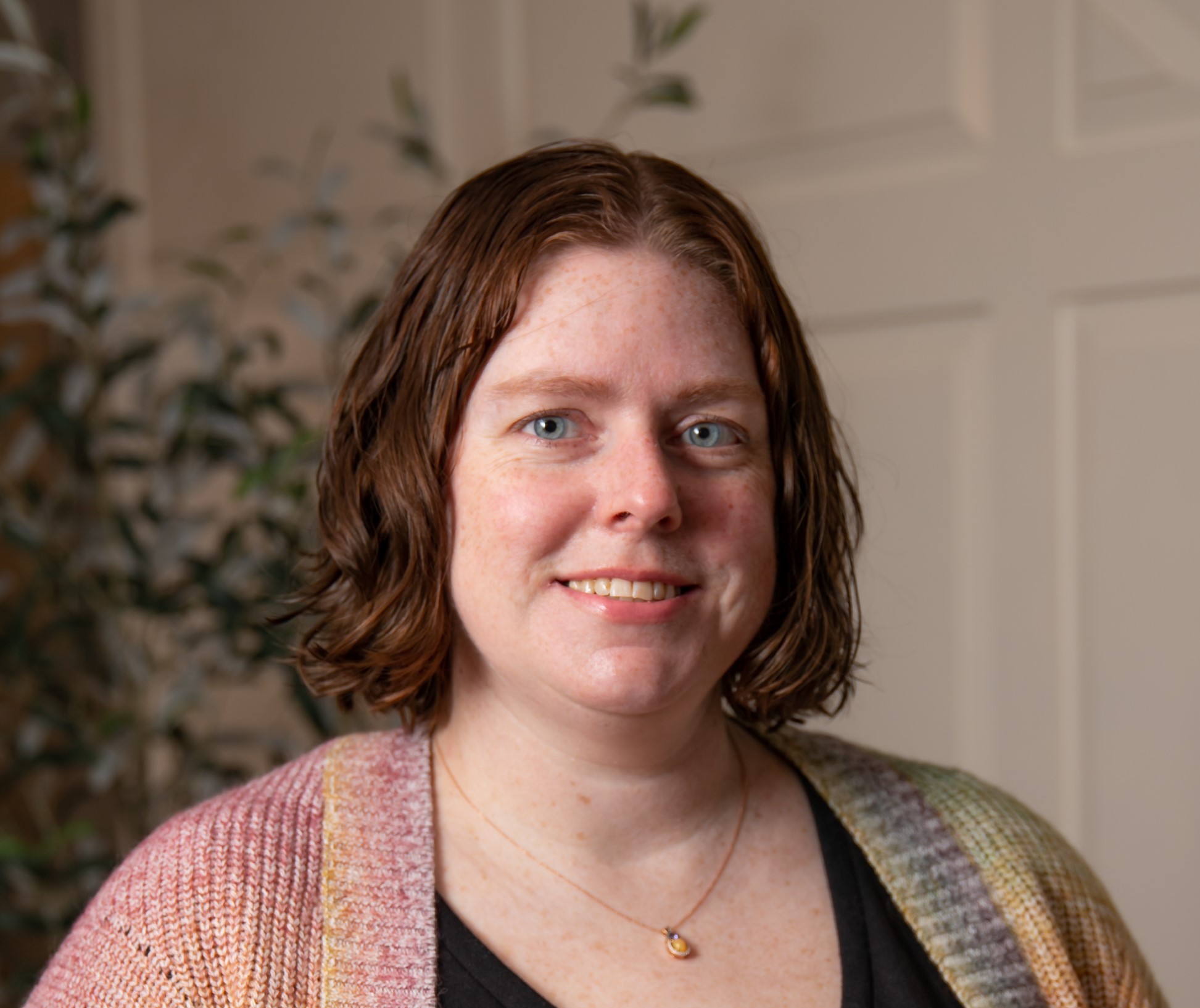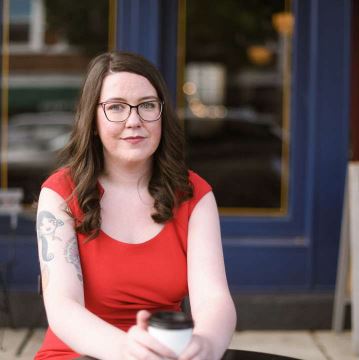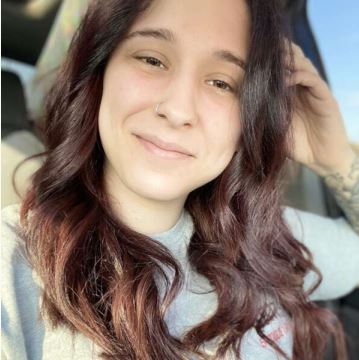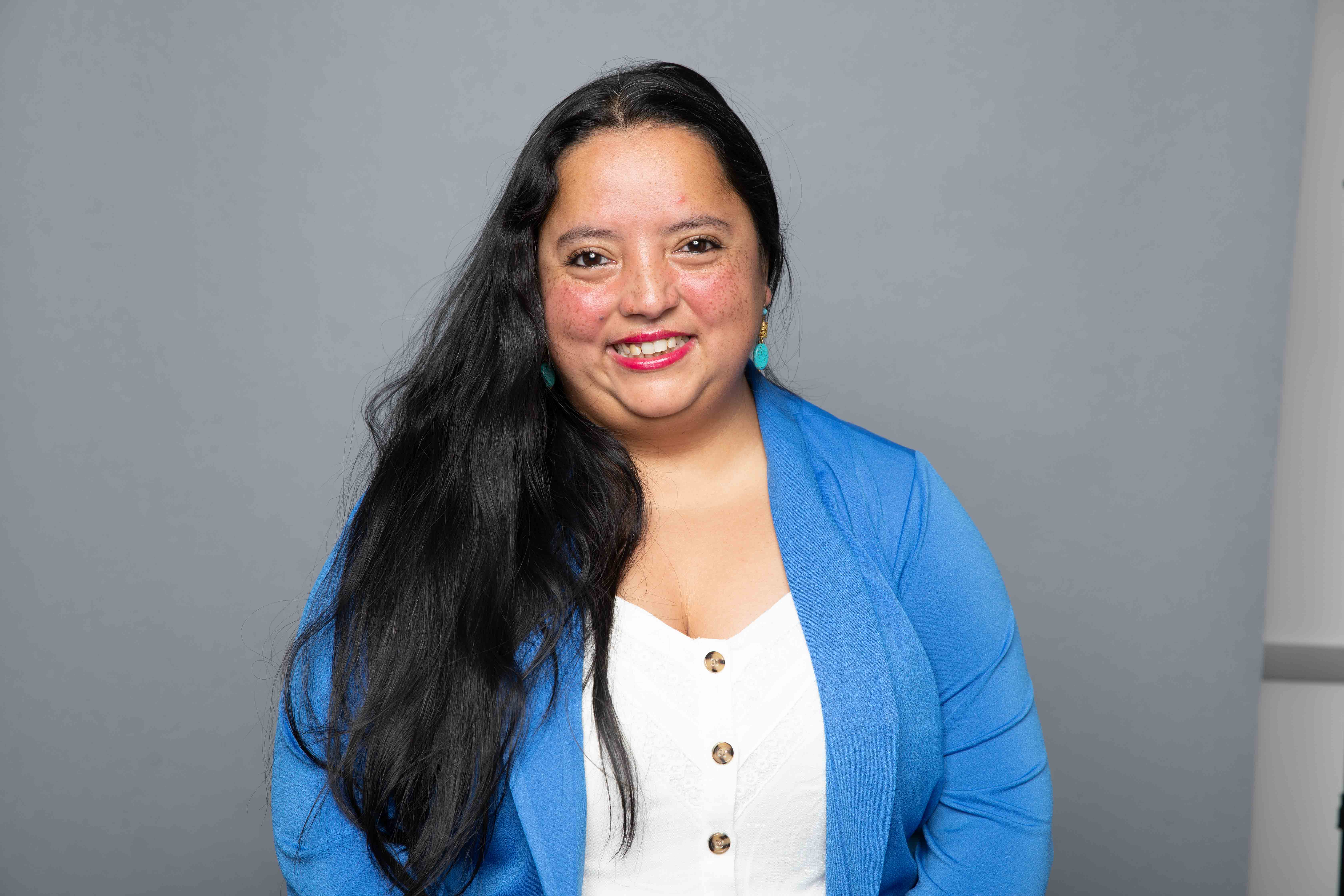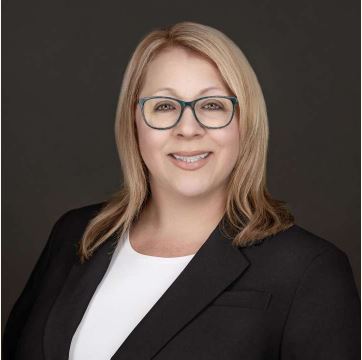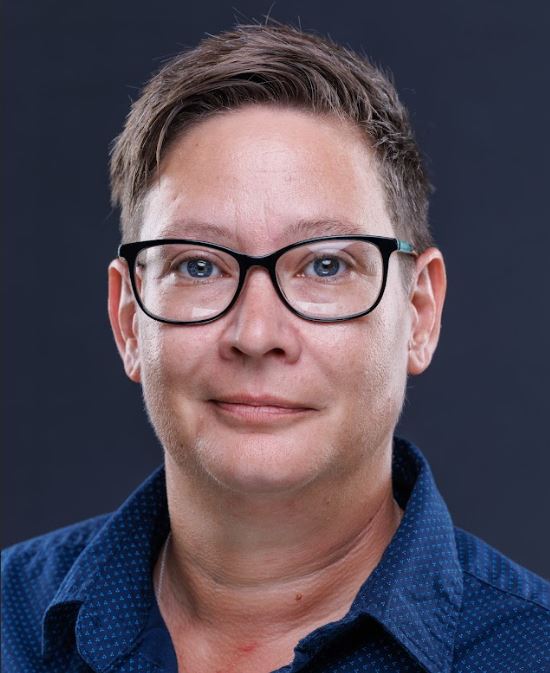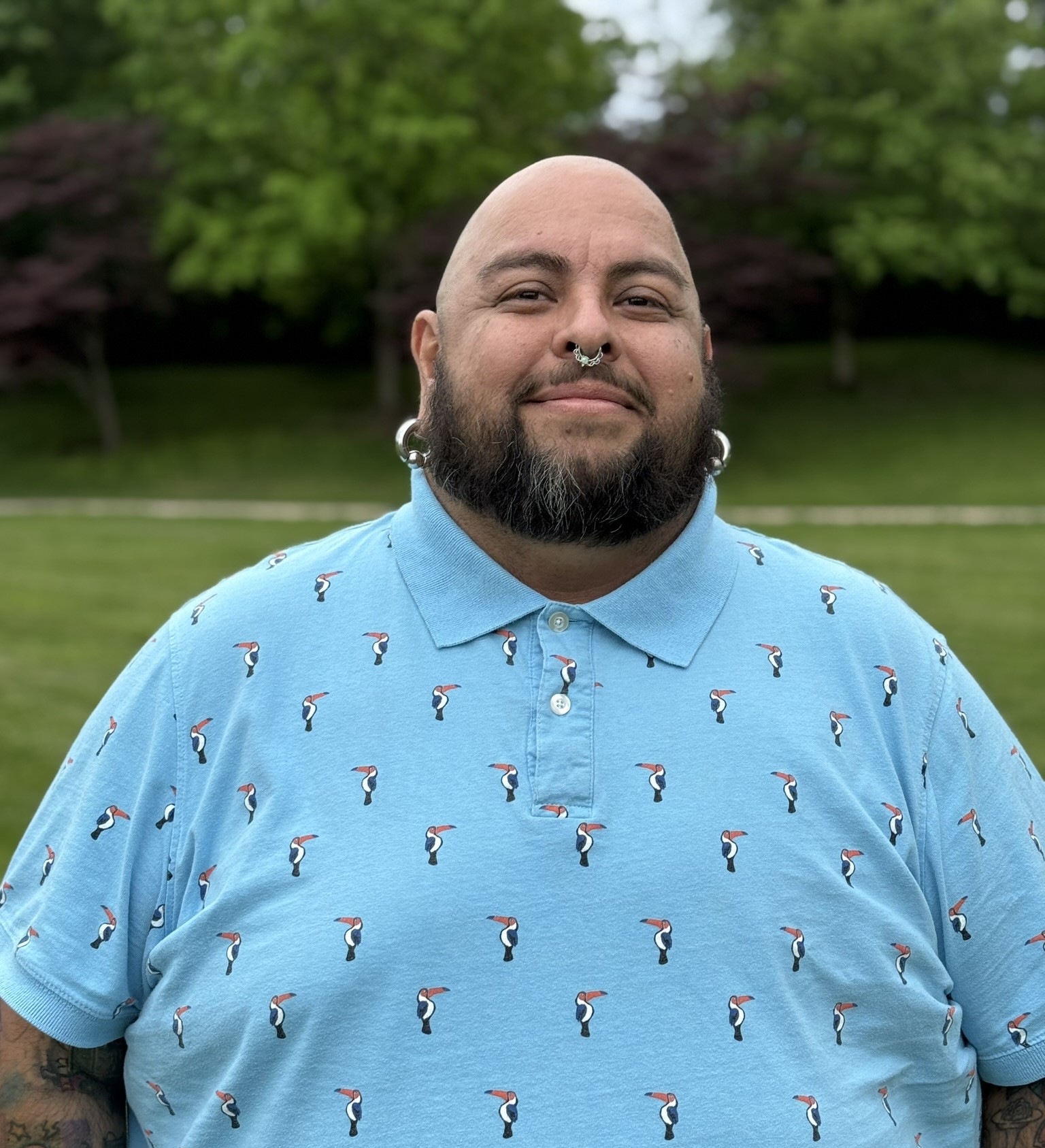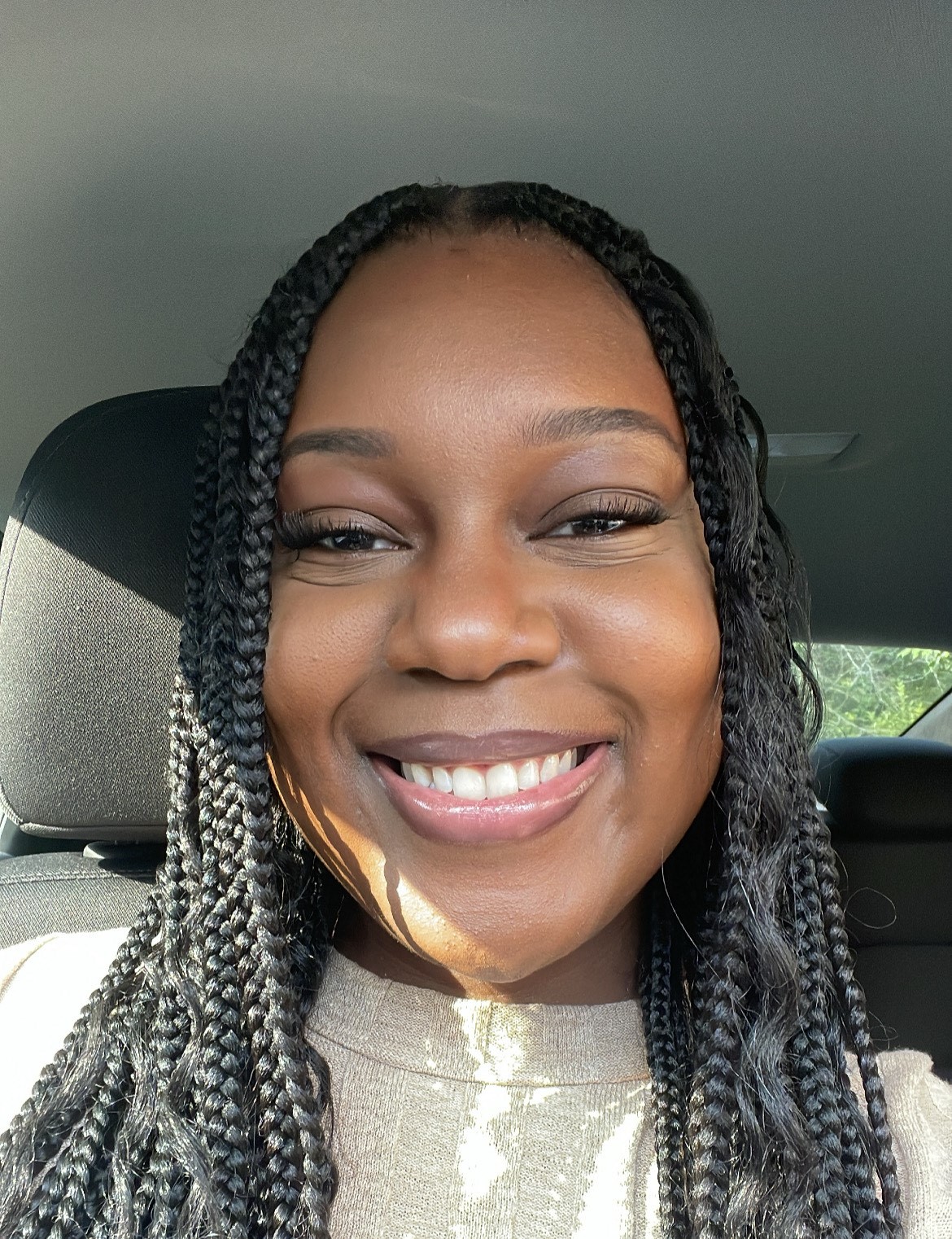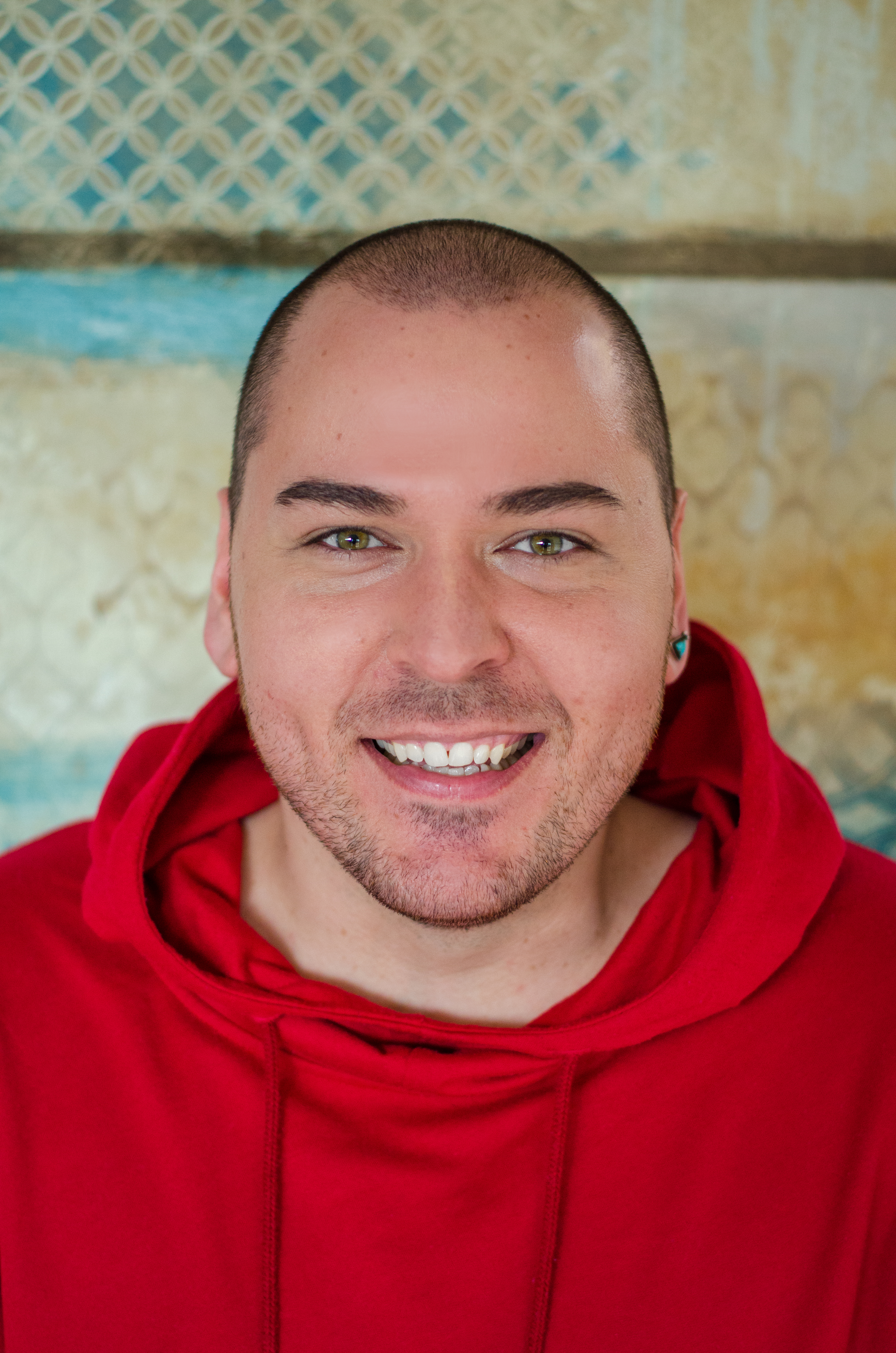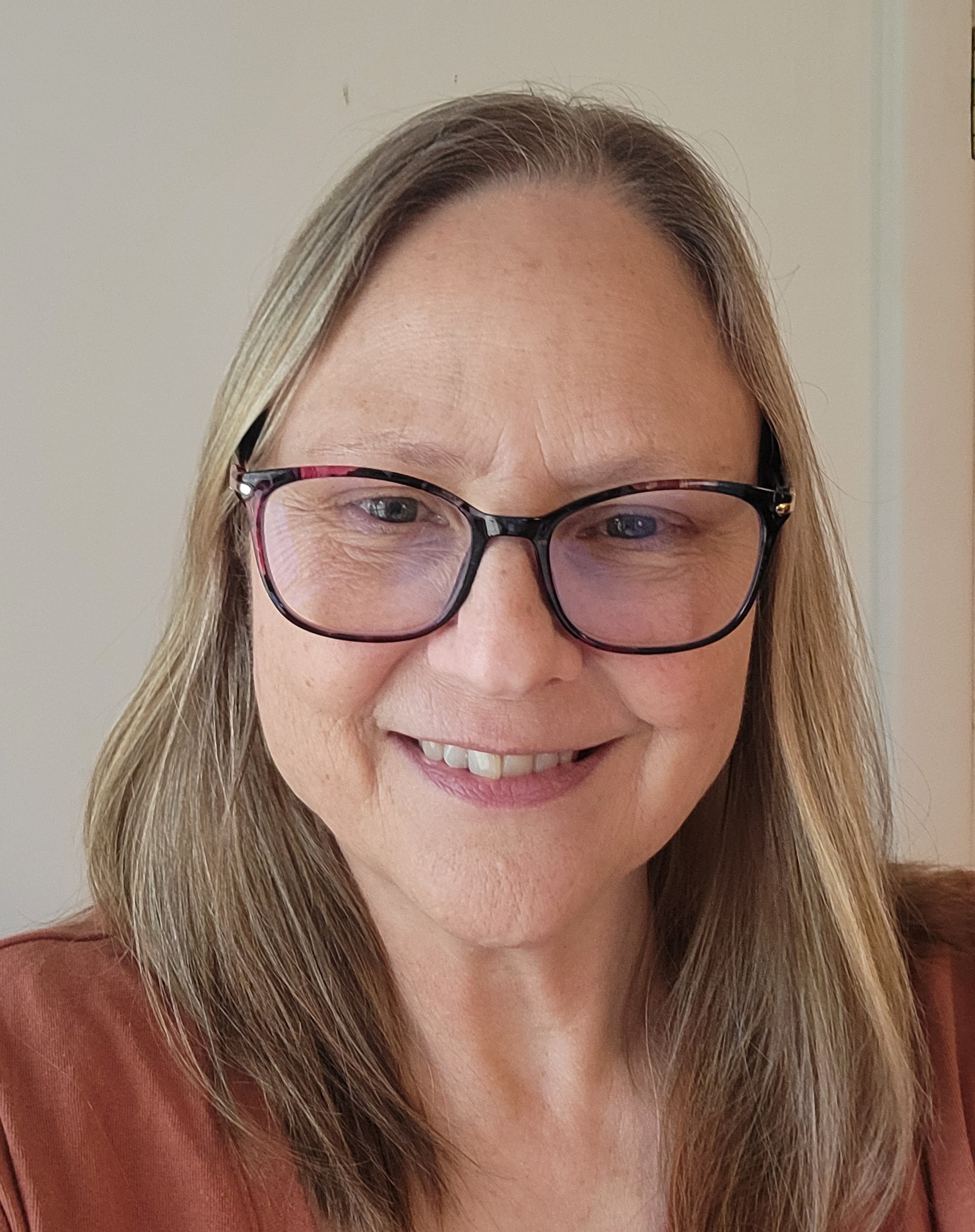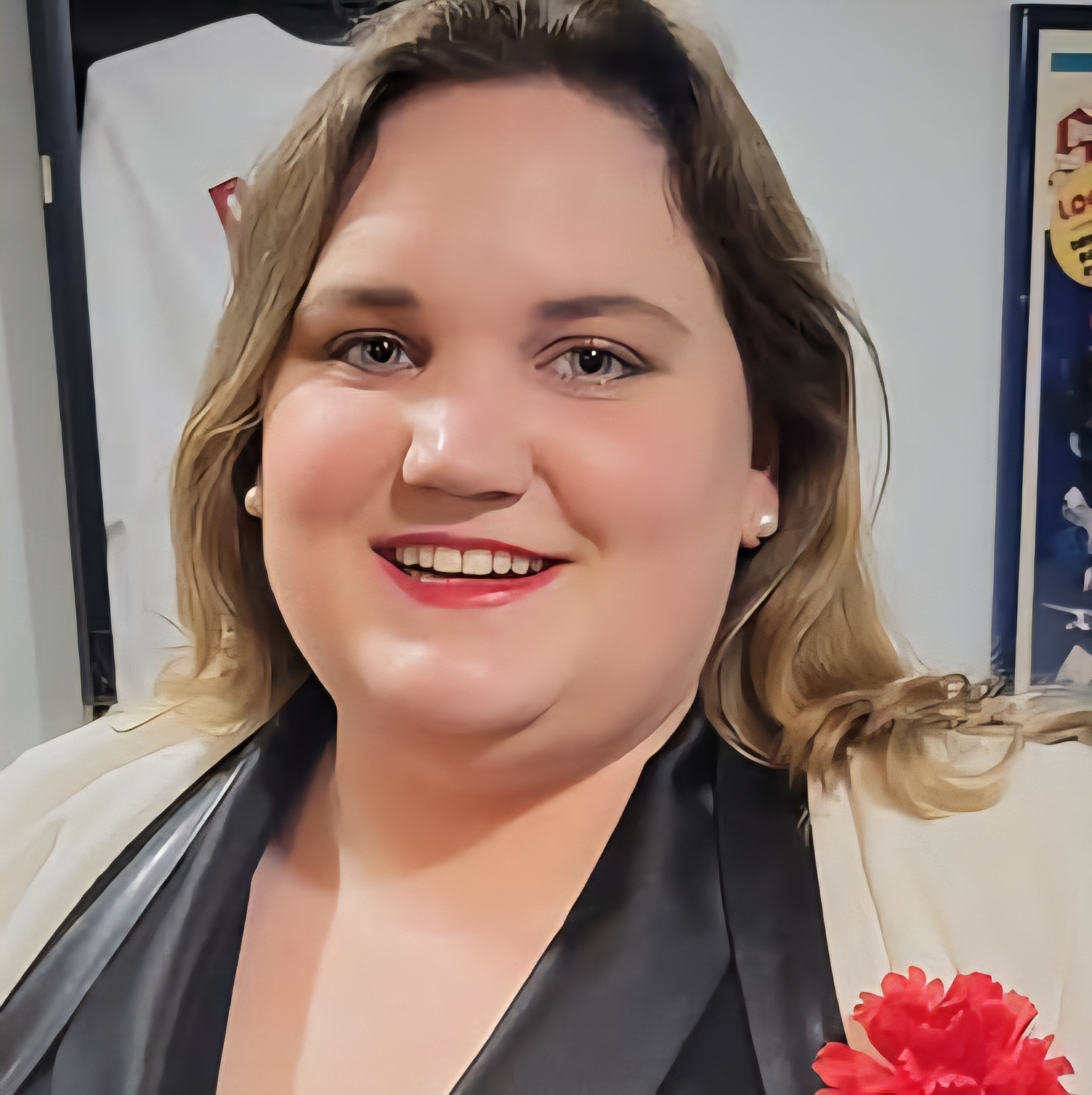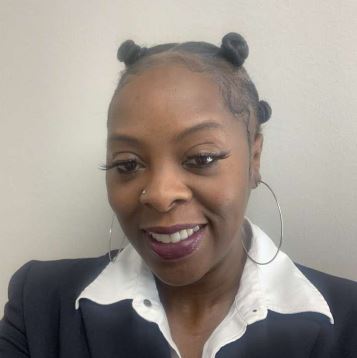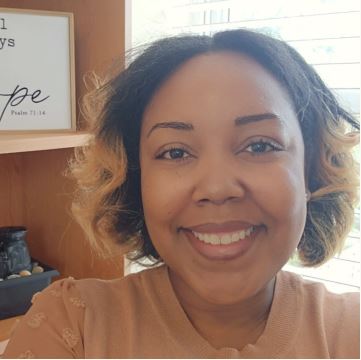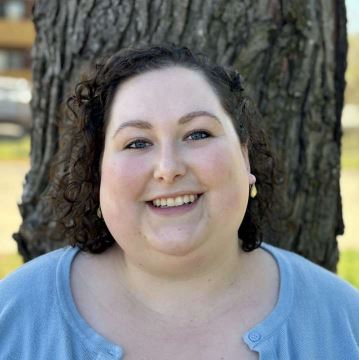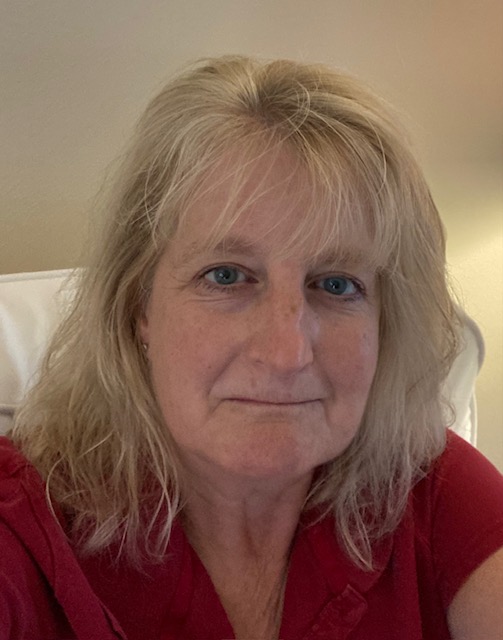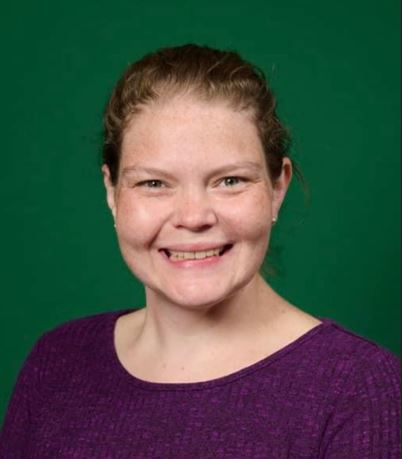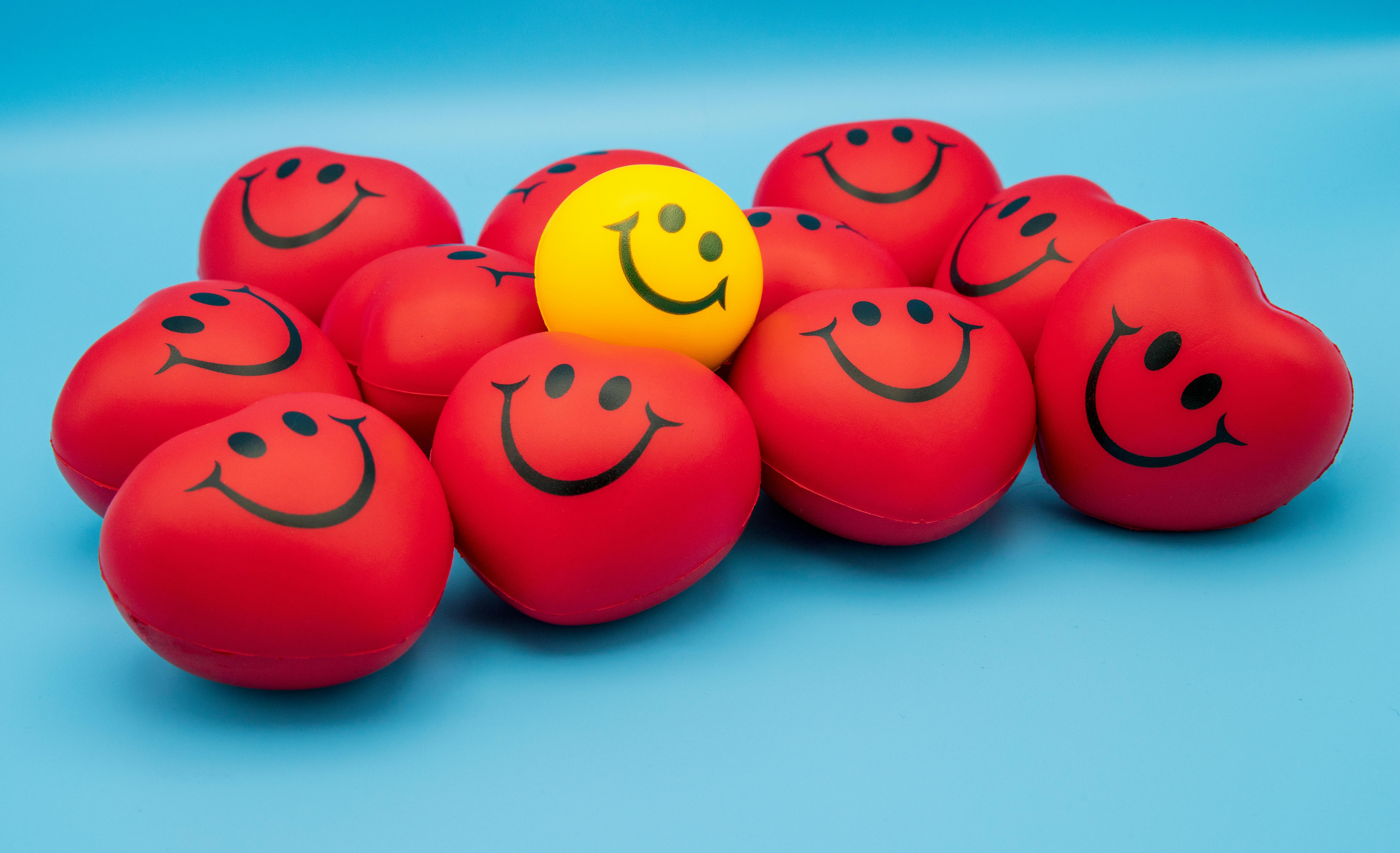Depression Treatment Center in Saint Louis, MO
Tired of feeling like every day is hard and pointless? Have you tried everything to help yourself feel better but are still struggling? Our therapists know how to help. The time to start is now.
Getting out of bed feels like running a marathon. You’re either sucked into your phone or sucked into your bed. Either way, it feels like you can’t get out. Starting the day is like getting a brick from the bottom of the deep end in a pool: you can’t breathe, and your efforts are not making a difference. Moving your body feels like a real challenge, because your limbs feel like a thousand pounds. Every ounce of effort you put into existing feels like pushing a boulder up a hill. Hours feel like days, and days feel like years. Time has stopped, yet simultaneously is zooming past you.
You’ve really tried to feel better.
You tried everything Pinterest and Instagram have recommended to ‘boost your mood.’ At times, it felt like it was working. You were genuinely laughing and smiling again. But try as you might you cant capture that feeling again. Maybe you’ve tried to talk to people around you, but not everyone understands. You, or someone else, has said that you’re making a big deal out of nothing; that you don’t have anything to be this upset about. That you’re making something out of nothing. Or, that you want to feel sorry for yourself. As if you would ever want to feel like this.
If this sounds familiar, you’re likely experiencing depression.
What is depression?
Depression is a feeling of constant sadness and loss of interest in activities you used to enjoy. Depression is also a mental health diagnosis. While there are many varied symptoms of depression, depression is highly treatable. What’s more, depression is an incredibly common diagnosis. It’s estimated that over 3 million people a year experience depression or symptoms of depression in the United States alone.
What causes depression?
The tricky thing about depression is that there isn’t just one cause. Depression can surface for a variety of reasons. For some people, depression has biological roots, and it runs in their family. For other people, it can be a result of the environment they are in. However, there is often one common denominator: depression often happens after experiencing a significant life change. This can be anything from moving to a different city to losing a loved one. The change doesn’t have to be drastic. Sometimes it’s a small change that we didn’t think would have that big of an impact.

Your Not Alone.
According to the National Institute of Mental health, in 2017, an estimated 17.3 million adults in the United States had at least one major depressive episode. This number represented 7.1% of all U.S. adults. Additionally, the prevalence of depression in children and adolescents is at an all time high. Depression is common-- and can be devastating--but you’re not alone.
The good news is that depression can respond well to talk-therapy. In fact the Washington Post reported that talk therapy rivaled drug therapy effectiveness, especially if the talk therapy lasted more than 6 sessions. Moreover, the most effective therapy was a combination of the two.
Seeking help isn’t easy, but it is effective.
Taking the first step to getting help is hard. We can help by matching you with a therapist that not only specializes in depression treatment but who is right for you. Start today!
Want a free introductory consult with one of our expert depression therapists?
What are common symptoms of depression?
Depression looks a little different to every person that experiences it. For some people, their depression is severe. For other people, it might not quite be to that caliber. With that in mind, our therapists are aware of some common symptoms of depression. A few of these include:
Feeling constantly sad often. It’s more than the classic cartoon rain cloud over someone’s head. This feeling of sadness extends to every corner of someone’s life. It can impact someone’s ability to focus and connect with others.
Noticing a loss of interest in activities. These are activities that you usually like doing. However, depression can make it difficult to find the enjoyment you used to have for these activities. Oftentimes, people find themselves not wanting to engage in these activities at all. If they do, the effort and intention is often compromised.
Experiencing a change in sleep. Typically, people find themselves sleeping more than usual. Now, the times that slept in or went to bed a little earlier than usual don’t necessarily fall in this category. Instead, these sleep changes are typically drastic. For instance, sleeping 10-12 hours at a time when you normally sleep for 7-8 hours. Other times, people notice that they aren’t sleeping nearly as much as they should. Either way this looks for someone, the change is drastically different compared to their normal sleeping patterns.
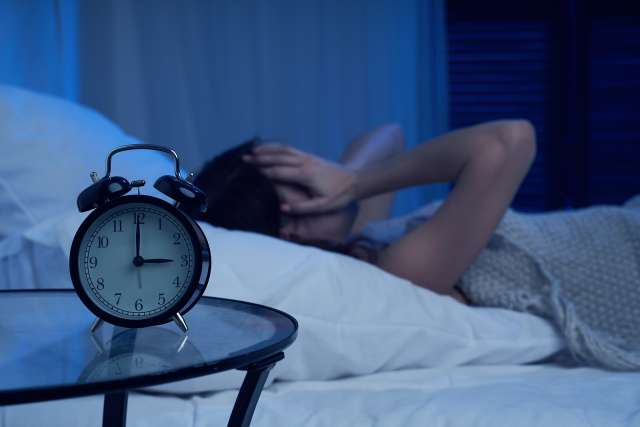
A change in appetite. You may notice you are either eating more or less than you usually do. On top of that, some people notice a change in what they crave. Sometimes this looks like an increased craving for salty, sweet, or savory food. However, it’s important to distinguish this from normal cravings. These cravings are typically much stronger and stay longer.
What can you do if you’re experiencing depression?
You’ve come to the right place! Talking to a therapist is one of the best things you can do to help you navigate depression. On top of working with a therapist, there are a variety of different things you can incorporate in your everyday life to help you through it.
"You helped crawl out of the deepest hole, I thought it was hopeless. Thank you."
"Your right. Cognitive Behavior Therapy works. It matters what you say to yourself. Thank you for helping me use that to my advantage"
"I feel better than I have in months after 1 session. I don't know why I didn't do this sooner."
I’ve learned so much from you as my therapist, thank you for never giving up on me even when I wanted to give up on myself.”
“Thank you for letting me know it’s ok to be vulnerable and emotional and that I deserve to get support."
Group therapy has been shown to help teens with depression more than any other age group. Licensed counselor-led group therapy for adolescents with depression are forming now.
Our Expert Depression Therapists Have Helped Hundreds of People Suffering From Depression. They Can Help You.
Our therapists get it. You’re fighting the good fight to keep going. Some days are harder than others, but every day is difficult. Our therapists can help! Our St. Louis based counseling practice has many therapists that are trained and experienced in helping people just like you. On top of that, our therapists are intentional. They develop a plan that fits your unique situation to make sure you start to feel like yourself again.
We create a safe, accepting and private space for you to share and examine your life story and embark on a journey of positive change. Our approach is as unique as each individual. Our therapists have many evidence-based techniques at their disposal:
Cognitive Behavior Therapy for Depression

Cognitive behavioral therapy, or CBT, is an effective form of therapy that can help a variety of situations. CBT helps by evaluating the relationship between your thoughts, feelings, and actions. When treating depression, our therapists often notice a pattern with someone’s unhelpful thoughts that lead to unhelpful actions. By interrupting this cycle and changing our thoughts, our clients notice that there is a drastic difference in how they interpret what happens to them. With CBT therapy, we can help clients find their way back to feeling happy.
Dialectical Behavior Therapy for Depression (DBT)
Dialectical behavioral therapy, or DBT, is a type of therapy that can be very powerful in depression treatment. DBT aims to help people tackle intense emotions that people feel when battling depression. Additionally, DBT is a depression treatment that emphasizes learning skills to deal with strong emotions that people often face. Through a combination of emotion regulation and reality testing, DBT’s goal is to help someone learn to control thoughts and feelings that can make depression feel worse.
Acceptance and Commitment Therapy for Depression (ACT)
Acceptance and commitment therapy is a type of therapy that emphasizes mindfulness and tolerance. ACT works by training the individual to lean into accepting things as they are and committing to that mindset. On top of that, ACT promotes behavior change strategies to increase your mental flexibility. After ACT, many people report feeling more comfortable with where their life is as well as the directions it may go.
EMDR for Depression
Eye movement desensitization and reprocessing (EMDR) is a form of therapy that can help people heal from emotional distress. EMDR works by creating bilateral stimulation in your senses. This process allows your brain to fully “process” the experience, memory, or emotion that’s making you feel stuck. EMDR typically takes between 6 to 12 sessions to be effective for someone.
Begin Depression Treatment in St. Louis, MO
Dealing with depression alone can be very difficult and isolating. But, you’re not alone in this battle. Our St. Louis based counseling practice can help you navigate the situations you’re experiencing. Our therapists are trained in a variety of different interventions to help you manage your depression effectively. When you’re ready to alleviate your depression, follow these steps:
- Schedule an appointment.
- Get to know our team of therapists trained in depression treatment.
- No longer live under the weight of depression!



